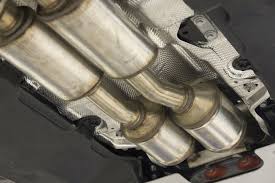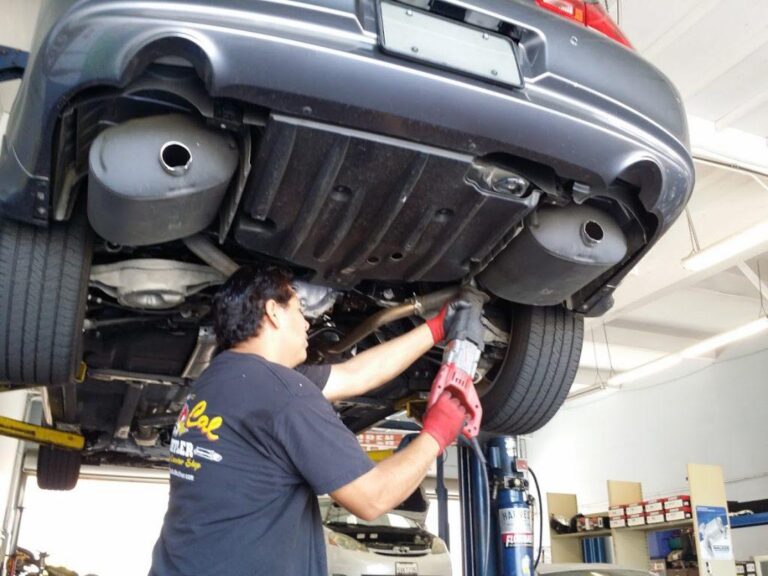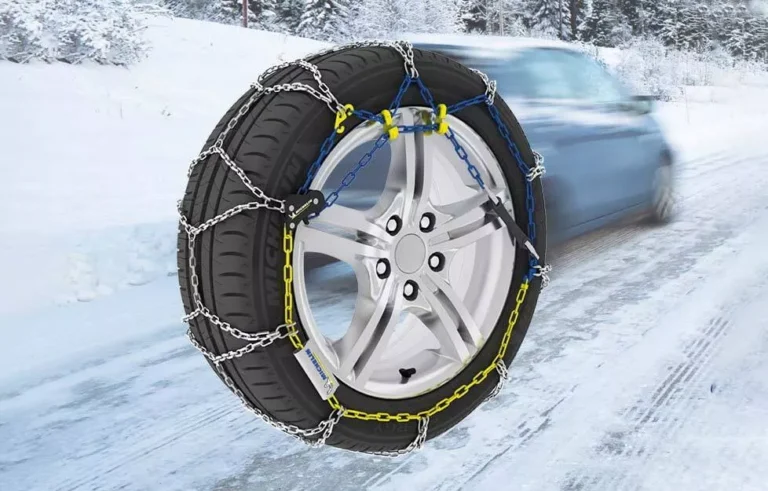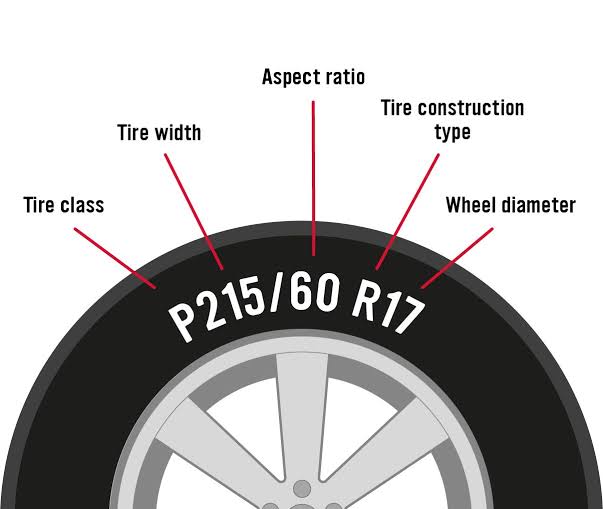Does a Car Need a Catalytic Converter?

Catalytic converters are an essential component of modern vehicles, playing a critical role in reducing harmful emissions. But what happens if your car doesn’t have one? Is it safe or even legal to drive without a catalytic converter? This blog will explore what catalytic converters do, why they are important, and the consequences of driving without one.
What Is a Catalytic Converter?
A catalytic converter is a device located in your car’s exhaust system, positioned between the engine and the muffler. Its primary function is to reduce harmful pollutants produced during combustion, converting them into less harmful substances before they are released into the atmosphere.
How Does It Work?
- Chemical Reaction: The catalytic converter uses precious metals like platinum, palladium, and rhodium to trigger chemical reactions.
- Emission Reduction: It transforms toxic gases like carbon monoxide (CO), nitrogen oxides (NOx), and hydrocarbons (HC) into safer substances like carbon dioxide (CO₂), nitrogen (N₂), and water vapor (H₂O).
Is a Catalytic Converter Necessary for Your Car?
Yes, a catalytic converter is essential for most modern vehicles for the following reasons:
1. Compliance with Emission Regulations
Most countries have strict emission standards, and catalytic converters are required by law to meet these regulations. Driving a vehicle without a catalytic converter is illegal in many regions and can result in fines or the car being declared unroadworthy.
2. Environmental Impact
Without a catalytic converter, your car emits significantly higher levels of harmful gases, contributing to air pollution and climate change.
3. Performance Impact
Modern vehicles are designed to work with a catalytic converter. Removing or damaging this component can trigger warning lights, reduce fuel efficiency, and negatively impact engine performance.
What Happens If a Car Doesn’t Have a Catalytic Converter?
Driving without a catalytic converter has several consequences:
1. Legal Penalties
- Fines: In many places, it’s illegal to drive without a catalytic converter, and you could face hefty fines if caught.
- Failed Emissions Test: Cars without catalytic converters will fail emissions tests, making them illegal to drive in many areas.
2. Environmental Harm
Without a catalytic converter, your car emits harmful pollutants that degrade air quality and harm public health.
3. Increased Noise
A missing catalytic converter can make your exhaust system louder, as it no longer has the catalytic converter to dampen sound.
4. Potential Theft
Catalytic converter theft has become increasingly common because of the precious metals they contain. If your car is missing its catalytic converter due to theft, you’ll need to replace it to remain compliant with the law.
Can a Car Run Without a Catalytic Converter?
Yes, technically, a car can run without a catalytic converter, but it’s not recommended for several reasons:
- Engine Issues: The engine control unit (ECU) may not function properly, causing error codes and reduced performance.
- Fuel Inefficiency: The absence of a catalytic converter can lead to inefficient fuel combustion.
- Check Engine Light: Without a catalytic converter, your car’s check engine light will likely stay on, which can mask other potential issues.
What to Do If Your Catalytic Converter Is Missing
If your catalytic converter is stolen or damaged, you’ll need to replace it promptly. Here’s what to do:
1. File a Police Report
If the catalytic converter was stolen, report the theft to local authorities.
2. Consult a Mechanic
Visit a trusted mechanic to inspect the exhaust system and replace the catalytic converter.
3. Consider Theft Prevention
Install anti-theft devices like catalytic converter shields or locking clamps to deter thieves in the future.
Alternatives to Catalytic Converters
While catalytic converters are essential for most vehicles, alternatives may exist in some cases:
- Electric Vehicles (EVs): EVs don’t have catalytic converters since they don’t produce exhaust emissions.
- Exempt Vehicles: Some classic or specialty vehicles may be exempt from catalytic converter requirements, depending on local laws.
Frequently Asked Questions
1. Can I replace a catalytic converter with a straight pipe?
In most places, replacing a catalytic converter with a straight pipe is illegal and will cause your car to fail emissions tests.
2. How much does it cost to replace a catalytic converter?
The cost can range from $1,000 to $3,000, depending on the vehicle make and model.
3. What are the symptoms of a failing catalytic converter?
Signs of a failing catalytic converter include reduced engine performance, poor fuel efficiency, and a sulfur-like smell from the exhaust.
Conclusion
A catalytic converter is an essential component of your car’s exhaust system, ensuring compliance with emission standards and reducing environmental harm. While a car can technically run without one, doing so is illegal and harmful to both your vehicle and the environment. If your catalytic converter is missing or damaged, it’s important to replace it as soon as possible to avoid penalties and ensure your car operates efficiently.
Also Check:
• Does Your Car Need a Catalytic Converter?
• Does GM Recommend Fuel Injector Cleaner?
• Does CRC Guaranteed To Pass Really Work?





